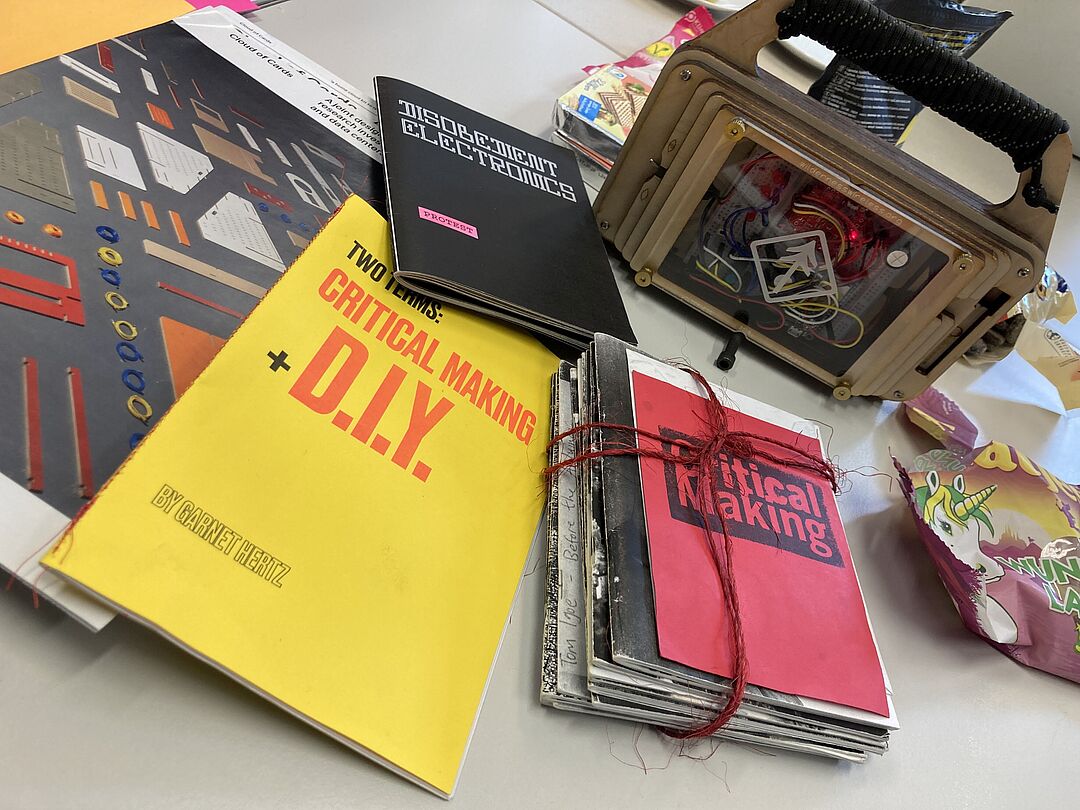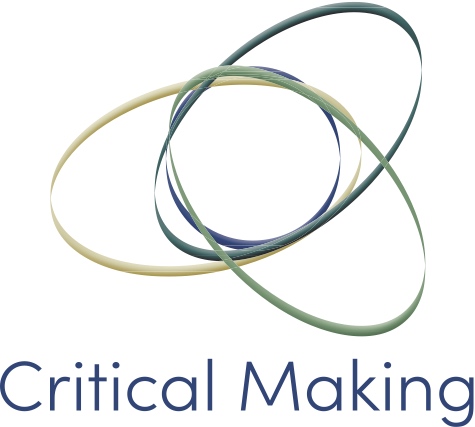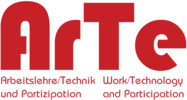Critical Making
 © Regina Sipos
© Regina Sipos
Projektbeschreibung
Critical Making adds scientific insights into the potential of the maker movement for critical, socially responsible making, and shows how these communities can offer new opportunities for young makers of all genders to contribute to an open society via open-source innovation. The Coronavirus (COVID-19) pandemic has shown the importance of the global maker community for a rapid response to lack of medical hardware supplies and reveals the great social and transformative innovation potential of the maker movement. In this project we will study grassroots innovation processes taking place in makerspaces, hackerspaces, fablabs, etc. and their online spaces and relate them to responsible research and innovation, short RRI, practices. More specifically, we will search for and analyse existing innovation and co-design processes taking place in these open spaces to find out in how far they reflect or contradict RRI principles.
Following a mixed method approach will enable us to collect data, analyze it, actively improve practices and develop theories and synthesize findings. Next to analysing existing practices, we will co-design, evaluate and disseminate concrete interventions that aim to foster RRI principles in the maker movement. In three case actions the project will specifically look at aspects of gender, openness and the recruitment of young talents:
1. The Critical Making Gender Case Action will increase the gender awareness practices in the maker community. This is achieved through piloting 3-4 co-created measures to counteract the existing gender imbalance in maker spaces and in online spaces and create guidelines on gender awareness
2. The Critical Making Young Talents Case Action will support the engagement of young people in maker spaces and further research and innovation activities via maker space actions and educational programmes that expand the formal curriculum with skills for responsible research and innovation
3. The Critical Making Openness Case Action will provide methods to strengthen the social responsibility of the open hardware movement. This is achieved by piloting a mentoring programme for RRI aware, open hardware business innovations with a special emphasis on projects that advance the Sustainable Development Goals (SDGs) through open science, social innovations or environmental sustainability.
As a result, we will co-define measures how to better implement RRI principles in the open-source innovation movement taking place across maker communities. Our findings will provide hands-on input for practitioners in the field and will enrich the scientific knowledge base in the RRI community on innovation processes outside of academia, aiming to harness the full innovation potential of the global grassroots maker movement.
Projektteam
Dr. Regina Sipos
Finanziert von
European Commission (Fördernummer: 101006285)
Januar 2021 bis Juni 2023
Konsortium
- Centre for Social Innovation – (Austria)
- Technische Universität Berlin (Germany)
- Teknologian tutkimuskeskus VTT Oy (Finland)
- Wikifactory Europe SL (Spain)
- Global Innovation Gathering e.V. (Global network, formally registered in Germany)


